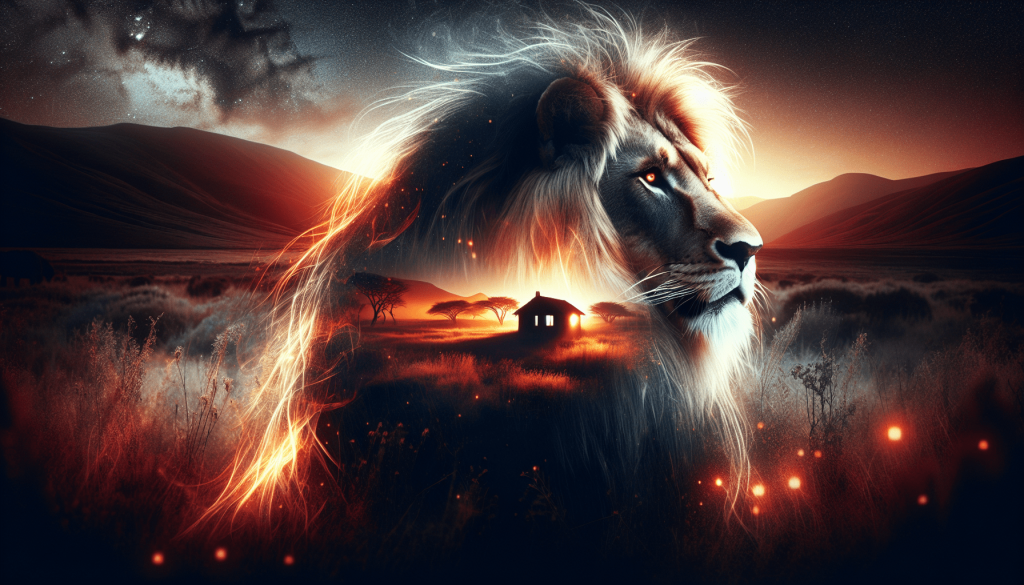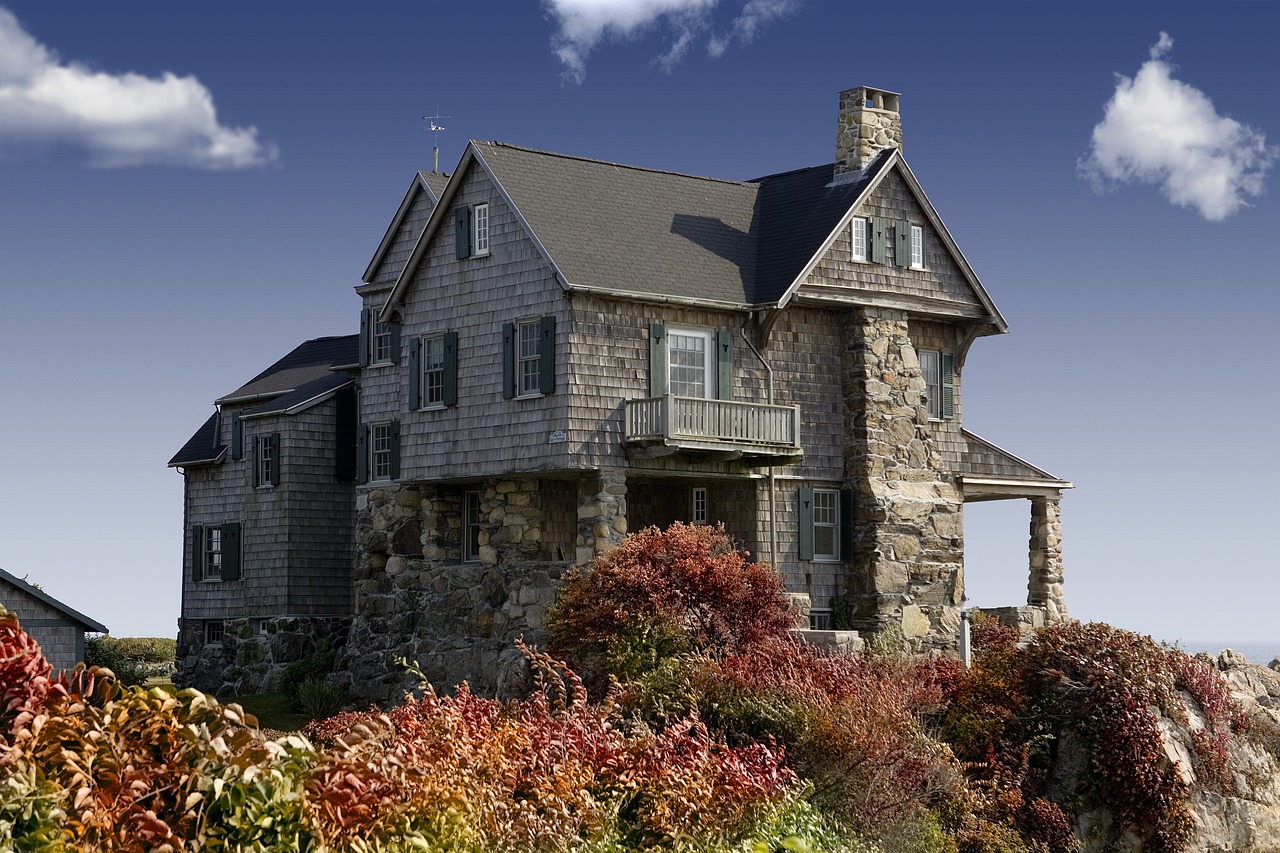Have you ever wondered why lions don’t live in houses? It’s a question that may have crossed your mind, especially when considering the natural habitats of these majestic creatures. Lions, commonly associated with the expansive grasslands of Africa, have evolved to thrive in the wild rather than seek shelter within four walls. In this article, we will explore the reasons behind their preference for the open savannah and uncover the fascinating adaptations that allow them to survive in such demanding environments.
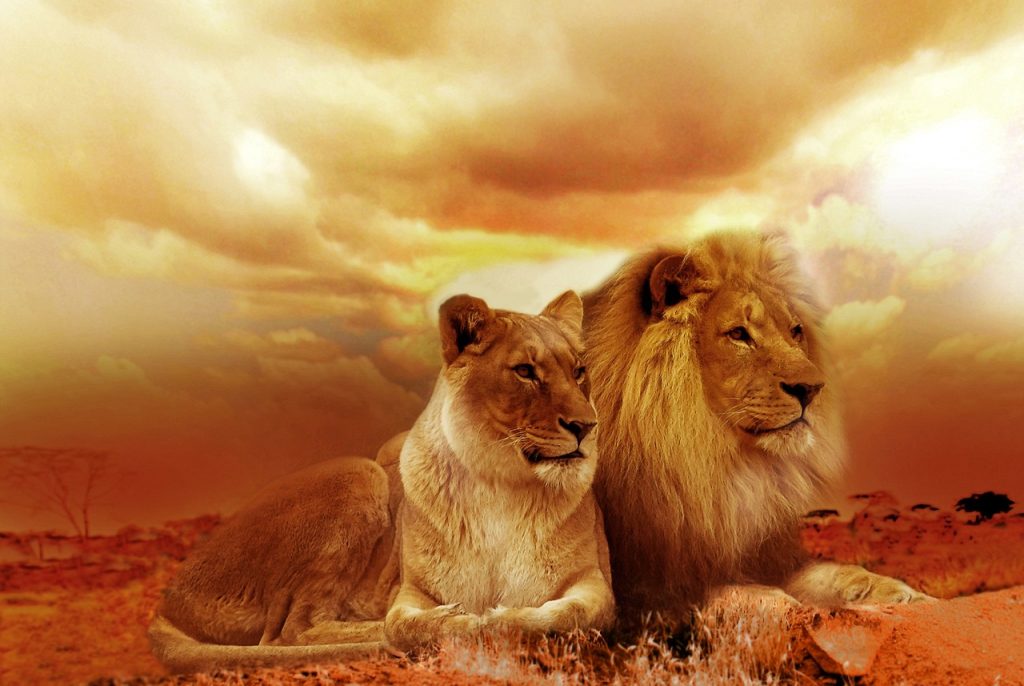
1. Habitat
Distinct Natural Habitat
Lions, known as the kings of the jungle, have a distinct natural habitat that sets them apart from other animals. These majestic creatures are primarily found in the grasslands and savannas of Africa, with a scattered population in the Gir Forest of India. These open habitats provide lions with the perfect environment to thrive, allowing them to exhibit their natural behavior and rely on their hunting prowess.
Physical Adaptations
The lions’ physical adaptations are well-suited to their natural habitat. Their muscular bodies, strong forelimbs, and sharp retractable claws make them powerful predators. Additionally, their sharp canines and strong jaws allow them to effectively capture and kill their prey. Their tawny fur, adorned with a majestic mane in males, provides excellent camouflage in the grasslands, blending them seamlessly with their surroundings. These physical adaptations enable lions to dominate their habitat and ensure their survival.
2. Social Behavior
Pride Structure
Lions are unique among big cats due to their social behavior. They are highly social animals and live in groups called prides, which are typically composed of a dominant male (known as a pride leader or alpha male), several lionesses, and their offspring. This pride structure allows for cooperative hunting, territorial defense, and care and protection of the young. The cohesion of the pride ensures the pride leader’s dominance and provides stability within the group.
Territorial Nature
Lions are highly territorial creatures, and the pride’s territory serves as their exclusive domain. Males mark their territory by roaring and scent marking, effectively warning other lions to stay away. The pride’s territory includes various resources essential for their survival, such as water sources and an abundance of prey. It is within this territorial nature that lions establish their dominance and maintain their position within the natural hierarchy.
3. Hunting and Prey
Predatory Instincts
Lions are formidable hunters and rely on their predatory instincts to secure their meals. They possess exceptional speed, agility, and stealth, enabling them to stalk and ambush their prey effectively. Lions are apex predators, targeting a range of ungulates, including wildebeest, zebras, and antelopes. Their powerful physique allows them to overpower and bring down large prey, ensuring a sustainable food source for the pride.
Prey Availability
The availability of prey is a crucial factor in the lion’s choice of habitat. Lions rely on the abundance of herbivores in their natural habitat, which can be found in the vast open grasslands and savannas. These ecosystems provide ample grazing areas for herbivores, attracting large concentrations of prey and creating an ideal hunting ground for lions. Therefore, the availability of prey significantly influences the lion’s choice of habitat.
4. Size and Space
Large and Powerful Animals
Lions are known for their impressive size and strength. Adult males can weigh up to 550 pounds and measure up to 11 feet in length, including their tail. Lionesses are slightly smaller but still formidable, weighing around 300 pounds. Their size and power allow them to dominate their habitat and compete for resources against potential predators or rival prides.
Need for Open Spaces
Due to their large size, lions require open spaces to move, hunt, and establish their territories successfully. Closed, confined spaces would restrict their ability to engage in their natural behavior, hindering their survival. Open grasslands allow lions to roam freely, cover vast distances, and track and chase their prey effectively. These expansive areas are essential for the lion’s well-being and survival in its natural habitat.
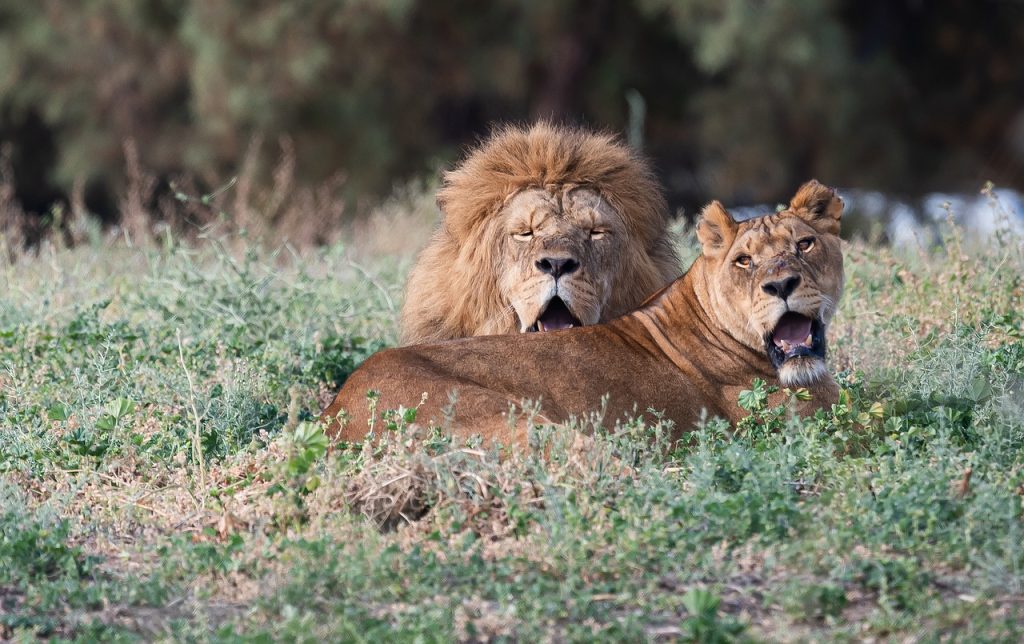
5. Climbing Ability
Prefer Open Ground
Unlike their counterparts, such as leopards or jaguars, lions do not possess exceptional climbing skills. They predominantly prefer open ground and avoid dense forests or areas that require excessive climbing. This preference for open areas aligns with their hunting strategy, allowing them to utilize their speed and strength instead of relying on climbing trees to stalk their prey.
Limited Climbing Skills
While lions may be capable of climbing to some extent, especially when escaping threats or accessing higher ground, their climbing abilities are limited compared to other big cats. Their muscular build and size make it challenging for them to navigate trees or steep inclines with the same dexterity as more arboreal species. Therefore, lions mainly rely on their exceptional running and hunting abilities rather than their climbing skills.
6. Lack of Need for Shelter
Well-adapted to Outdoor Environment
Lions are well-equipped to thrive in their natural habitat without the need for manmade structures or shelter. Their fur provides insulation against varying weather conditions, keeping them warm during cool nights or protected from the scorching heat of the day. Their physical adaptations, including thickened paw pads, also enable them to comfortably traverse various terrains, from soft grasslands to arid savannas, without the need for artificial shelters.
No Requirement for Manmade Structures
Unlike many other species, lions do not require manmade structures for their survival. They have naturally adapted to the wild environment over millions of years, making them perfectly suited to face the challenges their habitat presents. They excel in the open spaces, covering large distances while utilizing natural features such as rock outcrops or shady areas as temporary resting spots. Thus, lions do not have any need or inclination to seek shelter in human-built structures.
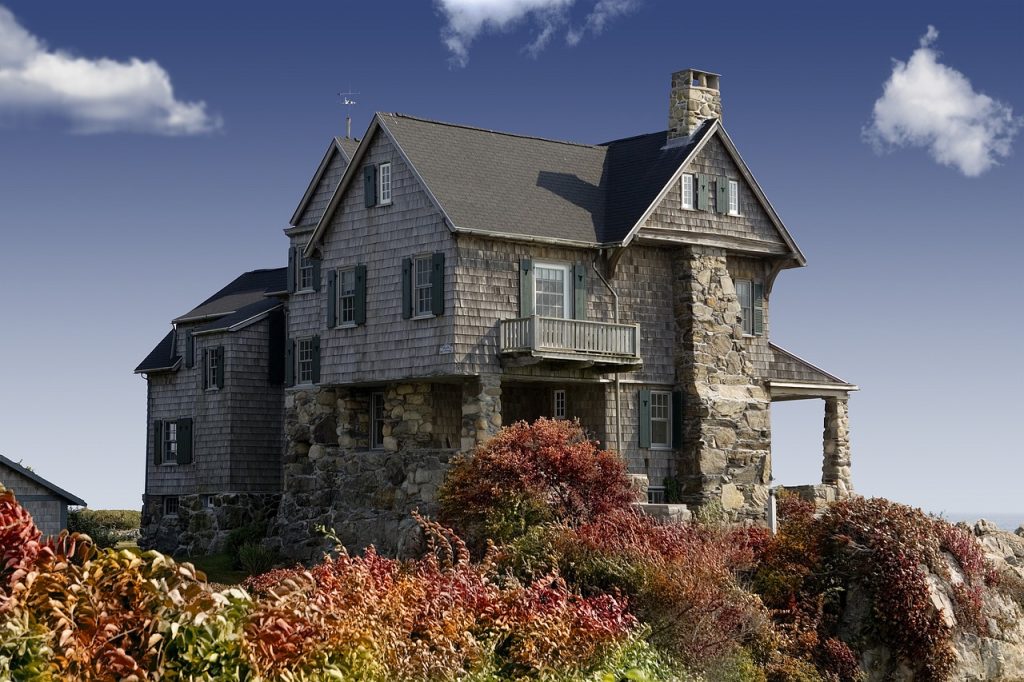
7. Predators and Threats
Minimal Threats in Natural Habitat
Within their natural habitat, lions face relatively few natural predators. They sit at the top of the food chain, and their size and strength deter most potential threats. However, in certain areas, other apex predators like hyenas or rival prides may pose competitive threats to resources and territory. Nonetheless, lions’ ability to defend themselves and operate effectively as a pride keeps their threats minimal and well-managed.
Exposure to Human Activities
Although lions’ natural habitat provides them with a relatively secure environment, they are increasingly exposed to various threats caused by human activities. Habitat destruction, poaching, and conflicts with humans pose significant challenges to the survival of lions. As human populations expand and encroach upon lion territories, it becomes crucial to find sustainable ways to coexist with these magnificent creatures to ensure their continued presence in the wild.
8. Environmental Factors
Climatic Adaptations
Lions have evolved over millions of years to adapt to a range of climates within their natural habitat. Whether it be the blistering heat of the African savannas or the milder temperatures found in certain regions, lions have developed various physical and behavioral adaptations to cope with these environmental factors. Their fur, for example, provides warmth when needed but is also light and insulating, enabling them to tolerate various temperature extremes.
Requirement for Sunlight and Fresh Air
In their natural habitat, lions have an inherent requirement for sunlight and fresh air. The open spaces allow them access to ample sunlight, which supports their vitamin D production and overall well-being. Fresh air circulation aids in regulating body temperature, enhancing respiratory health, and preventing the buildup of pathogens that could harm the pride. These environmental factors play a vital role in the lion’s overall health and survival.
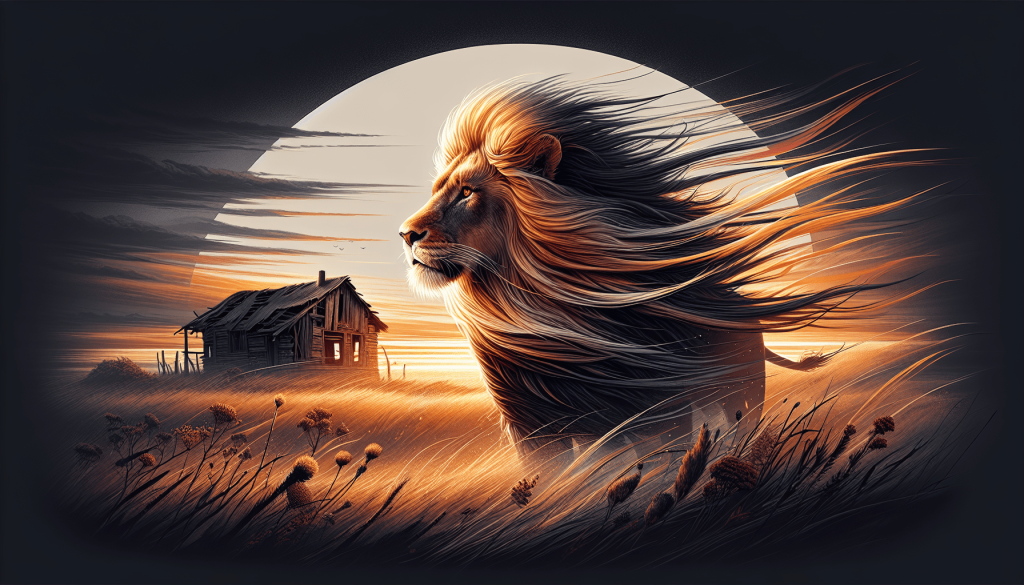
9. Domestication Challenges
Complex Social Structure
The complex social structure of lions presents significant challenges for their domestication. Their social interactions within the pride, hierarchical system, and cooperative hunting strategies are adaptive traits honed over countless generations. Attempting to domesticate lions would not only disrupt their natural behavior but also pose potential safety concerns for humans due to their size, strength, and predatory instincts.
Expense and Safety Concerns
Even if attempts were made to domesticate lions, the expenses and safety concerns associated with their care would be significant. Lions require large spaces to roam, abundant fresh meat as their primary diet, and specialized veterinary care to ensure their physical and mental well-being. Meeting these needs within a domestic setting would be incredibly expensive and pose potential risks to both the lions and humans involved.
10. Evolutionary Factors
Millions of Years of Evolution
Lions have undergone millions of years of evolution, which has shaped their physiology, behaviors, and adaptations to their natural habitat. Throughout this extensive evolutionary journey, lions have developed a range of specialized features and strategies that have allowed them to thrive as iconic apex predators in the wild. This long history of evolution ensures their continued adaptation and survival within their distinct natural habitat.
Adaptation to Life in the Wild
The various adaptations that lions have acquired over evolutionary processes have equipped them to navigate the challenges of life in the wild. From their physical attributes to their social behaviors and hunting techniques, every aspect of a lion’s existence is finely tuned for their natural habitat. Their evolutionary success and suitability for the wild make them an integral part of their ecosystems and reinforce their preference for living in their natural environment, rather than seeking shelter or domestication.
